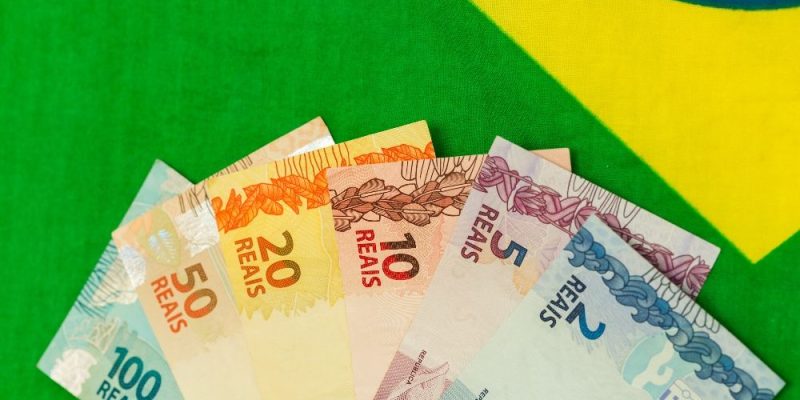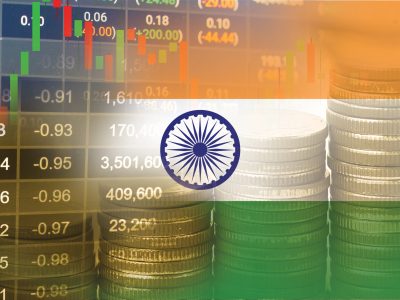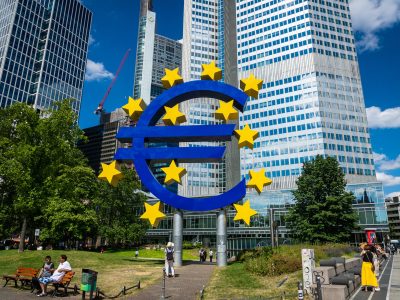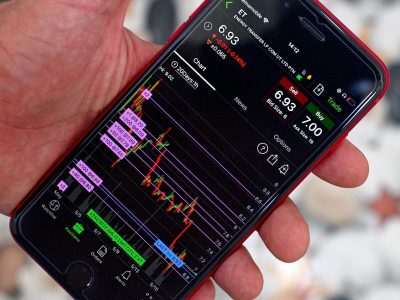
Brazil’s economy is under significant strain as consumer prices have unexpectedly increased in mid-November, suggesting a possible change in the central bank’s monetary policy.
A recent report from the national statistics agency IBGE highlighted a rise of 0.62% in the benchmark IPCA-15 index for the month, elevating the annual inflation rate to 4.77%.
This data not only surpasses economists’ predictions but also implies that the Brazilian central bank may need to implement further interest rate hikes to address these inflation pressures.
Rising prices and inflation rates
The Brazilian consumer price index has shown a notable upward trend, with annual inflation rising from 4.47% in October to 4.77% in November.
This jump exceeds the central bank’s target range of 1.5% to 4.5%, indicating that inflation is becoming more pronounced across the economy.
Economists surveyed by Reuters had anticipated a smaller monthly increase of 0.48% and a 12-month inflation rate of approximately 4.62%.
The rise in inflation is primarily driven by increasing prices for essential goods, especially food and beverages, which have seen price hikes for three consecutive months.
Key items like meat and dairy products have notably contributed to rising consumer costs. Additionally, transportation expenses have surged, highlighted by a significant 22.5% increase in air travel prices, further burdening Brazilian consumers who are already coping with rising costs in various sectors.
Central Bank’s response: Interest rate hike
In response to these growing inflationary pressures, Brazil’s central bank has made a notable adjustment in its monetary policy by raising the benchmark interest rate by 50 basis points to 11.25%.
This move reflects the central bank’s dedication to fighting inflation, while still leaving room for potential further increases if the economic situation does not improve.
Officials have stressed the importance of maintaining fiscal discipline to help control rising prices and stabilize the economy.
Jason Tuvey, an economist at Capital Economics, said to Reuters that the latest inflation data suggests that additional interest rate hikes may soon be required.
Tuvey has revised his expectations, now believing the benchmark interest rate could peak at 13% in the first half of 2025, up from a previous forecast of 12%.
This shift indicates a broader agreement among economists that the central bank may need to take more measures to effectively address inflation and stabilize the economy.
Government fiscal package: A key factor
As financial markets keep a close watch on a proposed government fiscal package, the focus will be on potential spending cuts necessary to maintain fiscal discipline.
Analysts argue that this fiscal approach is crucial for reassuring both domestic and foreign investors about Brazil’s financial situation.
Without adequate measures to tackle current fiscal challenges, the central bank may feel compelled to implement even sharper, more disruptive interest rate hikes.
Tuvey also noted that the government’s proposed spending cuts will significantly impact market sentiment and overall economic stability.
If the government can communicate its plans, ease concerns regarding fiscal health, and maintain transparency with stakeholders, it could strengthen investor confidence.
Conversely, failure to effectively address these issues may lead to heightened market uncertainty and could prompt the central bank to take more drastic actions in response to ongoing inflation pressures.
Anticipation over Central Bank’s December decision
In conclusion, the recent consumer price data represents a key moment for Brazil’s monetary policy and economic outlook.
With inflation rates not only exceeding projections but also showing signs of continued growth, the central bank is likely considering further interest rate increases to mitigate rising prices.
An important announcement on December 11 regarding the central bank’s next policy decision is expected to significantly influence Brazil’s economic direction.
Additionally, the proposed fiscal package from the government will be crucial in shaping the country’s economic resilience and stability in the future.
How these policy elements are integrated will ultimately determine the course of Brazil’s economy as it navigates the ongoing challenges of inflation and monetary policy in the coming months.
The post Brazil’s mid-November CPI exceeds forecasts, raising policy questions appeared first on Invezz









